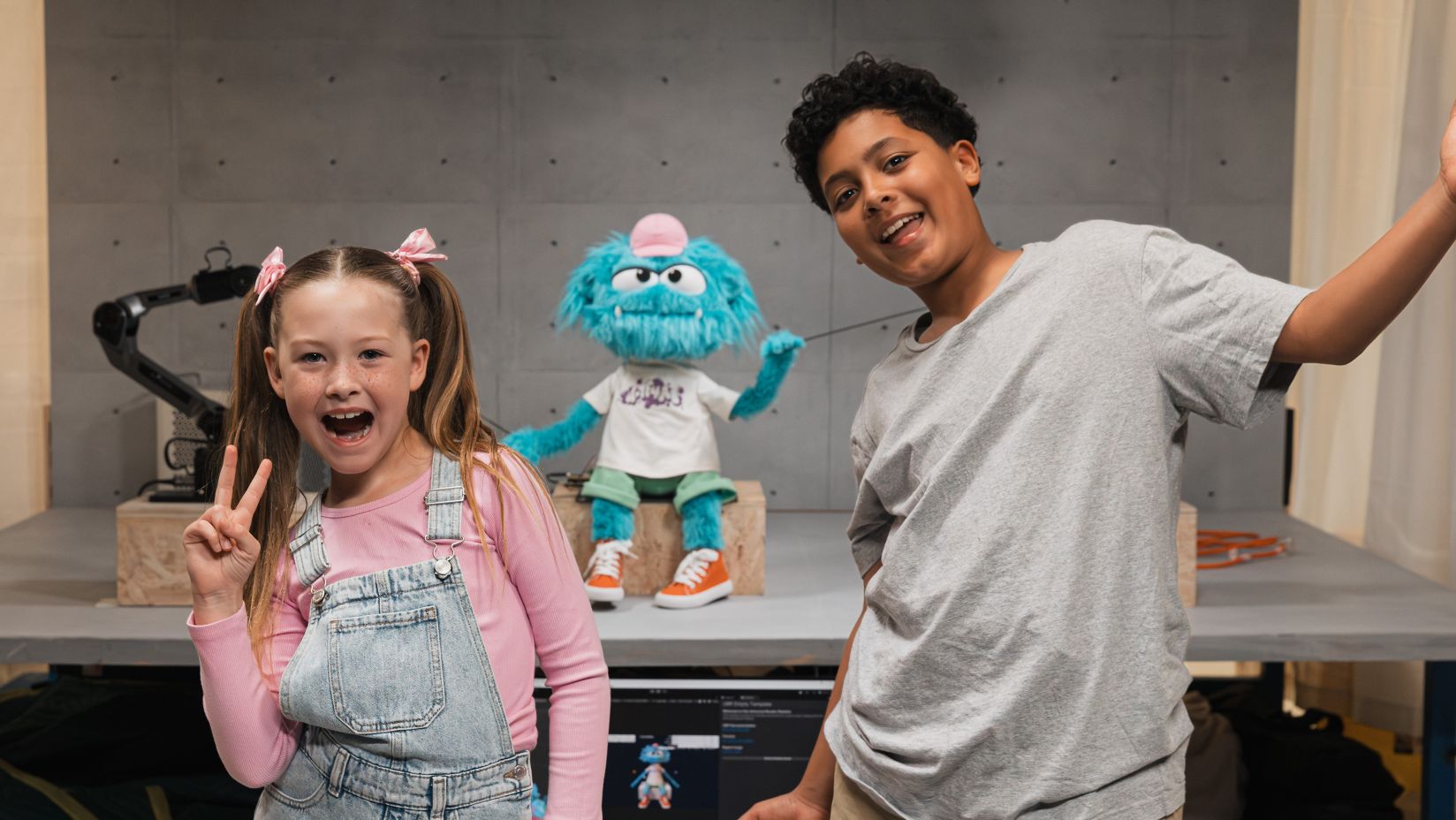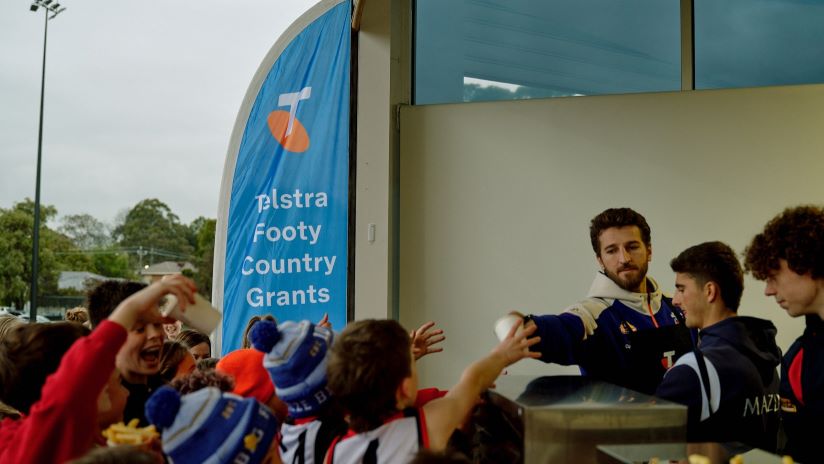A digital circuit-breaker for young people struggling with stuck thoughts
This is the story of Mello, an app that channels the therapeutic efficacy of clinical psychological treatment in an engaging and easy-to-use digital interface. With three-quarters of young people contending with mental health difficulties–and struggling to engage with treatments currently offered to them-–this is an innovative service that is badly needed. Mello’s focus is on the core psychological triggers underlying depression and anxiety–the most common mental health challenges faced by young people.

The challenge
How can we create a circuit-breaker for young people struggling with mental health challenges, that helps them get out of their head and get on with their day?
The outcome
A highly personalised app that helps young people break the cycle of repetitive negative thinking, via a range of engaging clinical therapies available wherever and whenever they may be needed.
Oyrgen Digital's mission
Mental illness is the leading cause of disability for young people worldwide. The peak period of onset for mental illness occurs as young people prepare to leave the known confines of education and join the workforce. It’s a critical time and conditions including anxiety and depression have significant consequences on a young person’s ability to complete education and move into employment, develop close friendships and intimate relationships, and maintain their physical health.
Add to this picture that rates of access and use of mental health services by young people are the lowest of any age group in Australia–and available treatments often fail to engage and deliver effective outcomes. We’re describing a situation that has the look of an impending crisis. Orygen, a mental health research organisation and service provider based in Melbourne, sees it as exactly that. Its digital arm, Orygen Digital, is working on what it believes might be an important part of the solution: an app called Mello.
The Mello app
The origins (no pun intended) of Mello emerged from the premise that innovative digital technology could hold the key to effective interventions for young people, helping them access and use therapy when they need it, and where they need it.
With funding and support from the Telstra Foundation’s Tech4Good Challenge, the team at Orygen Digital forged ahead with the product concept and pilot. And it was in the midst of adopting a Lean startup method and breaking in new Agile practices that they realised the true challenge they faced: how to operate with a ‘fail fast’ startup mentality whilst adhering to organisational tenets of thorough research and clinical precision.
However, as they say, with challenge comes opportunity, and since that early realisation Orygen has found its way forward, merging clinical rigour and tech-development pace into its build framework. Both agendas are held as equally important and their balancing is continually monitored in order to steer toward optimal outcomes. This has been nowhere more evident than in the development of Mello’s user experience. A constant and open tension exists in the design of a service that is gratifying and easy-to-use whilst built around a solid clinical evidence base. And over time it’s fair to say the balance has shifted––from the early days when clinical rigour was the primary yardstick to the approach of today, which unrelentingly pushes for better user engagement potential.
Tech4Good offered a way to bridge these two fields by merging our scientific expertise, rigorous research methodologies and clinical knowledge with technology expertise to build a mental health app that is not only likely to work, but is also loveable and enjoyable to use.
- Imogen Bell, Orygen Digital
Mello is now firmly on track and being readied for a soft launch. The MVP is due to be released in September 2021. A pilot trial will commence at that point, to be completed in early 2022. It’s shaping up to be an amazing service consisting of over 20 different intervention strategies personalised to a young person’s unique context. Despite the broad number of therapies on offer, it has a very clear and singular focus: breaking the cycle of repetitive negative thinking that drives anxiety and depression.
Interestingly, it wasn’t always this way and originally the concept was far broader, seeking to address all forms of mental health conditions and disorders. The commitment to focusing on one key challenge (repetitive negative thinking) has actually helped stimulate the team to go deeper, push the boundaries and be more creative with their solutions. The team also focused wholly on the design of an app, rather than invest their energies in other digital channels, in order to be able to deliver on an ‘anytime, anywhere’ proposition. ‘Less is more’ is a big part of the Mello story.
Tech4Good Challenge and its impact on Orygen
The results of the aforementioned pilot will, in due course, tell us the story of Mello’s impact on its end user audience. In the meantime, we might reflect on the impact that the Tech4Good Challenge has had on Orygen––and in particular its digital division, Orygen Digital. Participation in the program has not only helped accelerate Mello from concept to reality, but has reshaped how Orygen Digital design products and services, run their operations and work together as a team.
It is not an overstatement to say that we now operate as a start-up in many ways (combined with academic rigour) thanks to the encouragement and knowledge that we have gained from this program.
- Professor Mario Alvarez-Jimenez, Director of Orygen Digital
The hope is that, with these trickle-down effects being felt throughout the organisation, impact will continue to be created by Orygen Digital. Whether in updates and improvements to Mello, in scaling it to reach broader audiences, or in the development of entirely new product and service concepts. We can’t wait to see what they do next.


